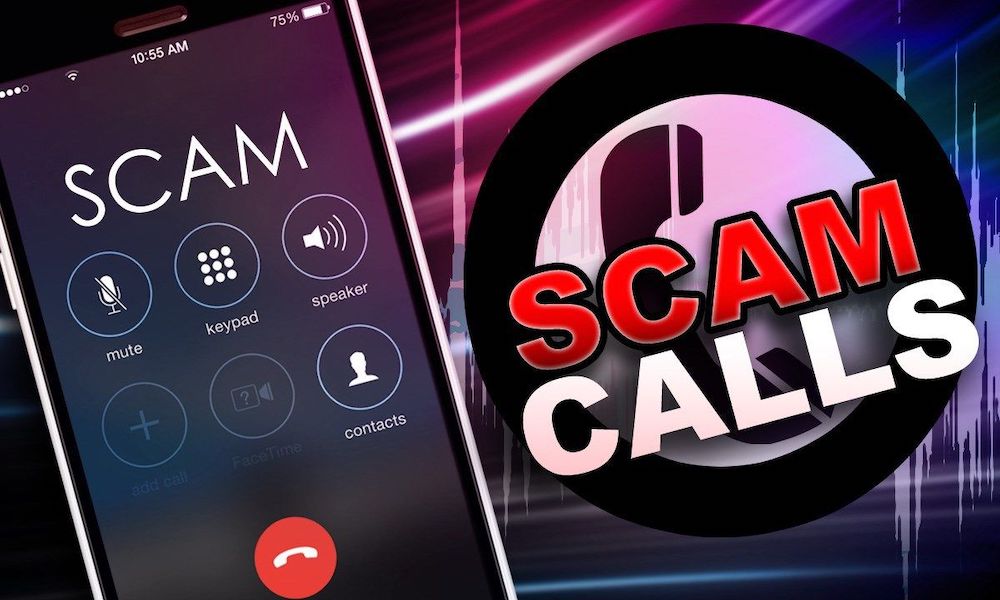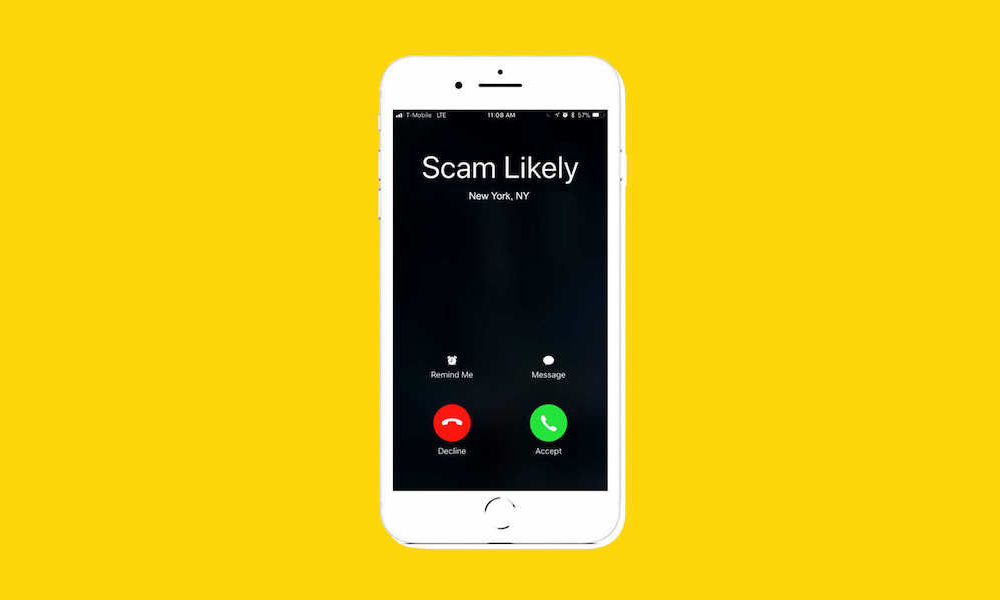Learn How to Avoid the 9 Most Common Types of Scam Calls
 Credit: WRCB
Credit: WRCB
Toggle Dark Mode
Scam calls are, unfortunately, an ever-increasing problem in the U.S. Whether it’s a robocall or there’s a live person on the other end, scammers use a variety of tactics to try and elicit sensitive information or payment from you.
The best way to protect yourself against scammers is to familiarize yourself with some of the techniques that they use, and employ apps that can help distinguish between scam calls and legitimate ones. Read on to learn How to Avoid the 9 Most Common Types of Scam Calls.
Calls That Ring Once
If someone attempts to call you but hangs up after the first ring, you may be curious enough to call them back. That can be a bad idea, even if the number appears to be a local one or otherwise looks familiar.
Calling a scammer back shows that there’s a real person on your end, and could even lead to phone charges being tacked to your account. A good rule of thumb is to avoid calling any unknown number back — if it’s important, they’ll leave a voicemail.
“Can You Hear Me?” Calls
Your first reaction when you hear the phrase “can you hear me?” is probably to answer yes. But if you receive a call from an unknown number and this is the first thing you hear, you really want to hold off.
Scammers can record your verbal response and use it as an affirmative, claiming that you agreed to pay for something that you obviously didn’t. It’s better off not saying anything, or at least phrasing it like “I can hear you.”
“Apple Store” Calls
Robocalls are getting extremely sophisticated. We’ve previously reported on scam calls that appear to originate from Apple itself thanks to advanced number spoofing technology.
But Apple doesn’t do cold calls. If you aren’t expecting a call from Apple, then the call you’re receiving is a scam. In fact, the best course of action is to simply hang up and contact Apple through a verified medium.
Charity Calls
When someone calls you and asks for a donation after a major tragedy or disaster, you may be inclined to agree. After all, it’s only the right thing to do, right?
Unfortunately, many of these charity calls can be scams that take advantage of your goodwill. It’s best not to make donations to unsolicited callers. Instead, find a reputable charity organization to donate to after a major disaster.
Read Next: This iPhone App Can Finally Help
Put an End to Those Infuriating Robocalls
IRS Calls
The last thing anyone wants is a call from the IRS claiming that they owe thousands of dollars to the government. Luckily, this is something that will never happen.
Despite what you may think, the IRS never initiates calls. Instead, the only way you’ll hear from them is via mail on official government letterhead. Rest assured, any call claiming to be from the IRS is likely a scam.
Bank Calls
Fraudulent behavior on one of your financial accounts is something you’ll probably want to be alerted to. Unfortunately, that’s what the bad guys are counting on.
If you receive any type of call suggesting there’s a problem with your bank, hang up. You don’t want to risk any sensitive financial information getting into the wrong hands. Always call your financial institutions through a legitimate number, often found on their website.
Debt Scams
These are similar to the IRS requests, but can be much more varied in terms of who they claim to be. Essentially, you’ll receive a call that a debt you owe has gone into collections or some entity is threatening legal action against you.
Truthfully, there’s a possibility that this could be the case. But if you’ve noticed a thread throughout this list, it’s that unsolicited calls shouldn’t be trusted. Unless you actually owe money to some financial institution or company, just ignore the calls.
Online Account Calls
These days, the fear of being hacked is completely justified. Because of that, tech support scams that claim that your account has been “breached” or is closed because of a security incident has become more common.
Across the board, you shouldn’t believe any call saying your account is compromised. Tech companies and online platforms won’t make unsolicited calls. If you’re concerned about cybersecurity, change your passwords and contact the tech company through a verified email or number.
Lucky Winner Calls
Everyone wants to be a winner — especially since the majority of us have never won anything luxurious like a cruise or a prestigious award. And it’s exactly this desire that scammers prey upon.
While many giveaways are legitimate, take note of the ones that you actually enter and be wary of calls that ask for sensitive information or payment to receive your “prize.” Legitimate giveaways should cost you nothing to win.








